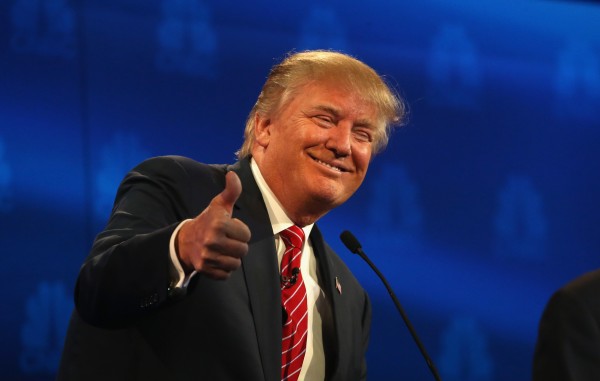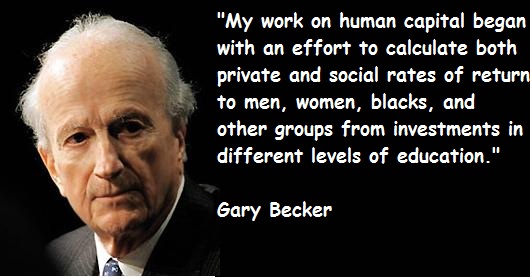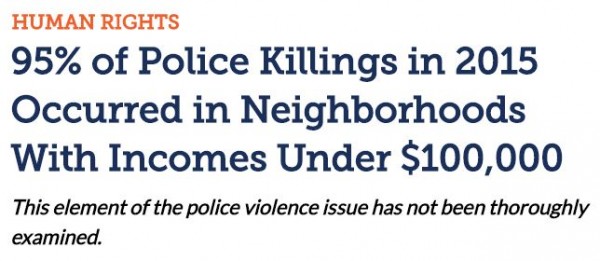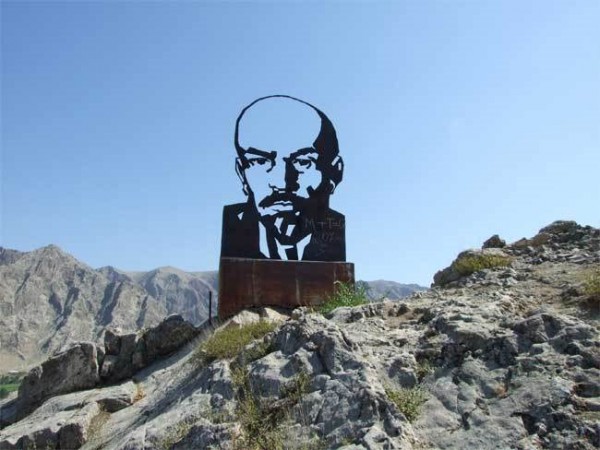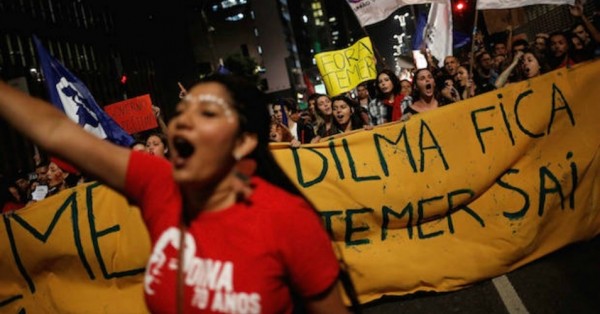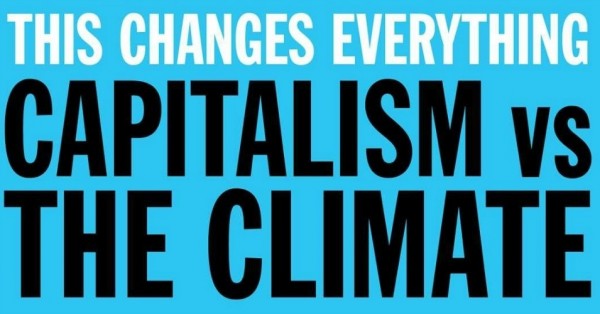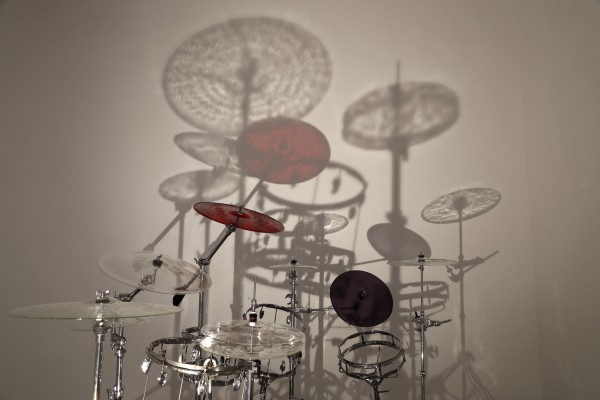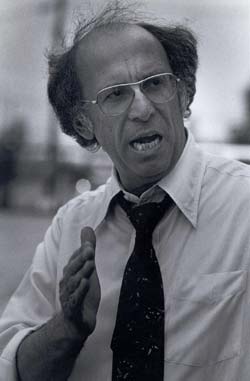
Mazzocchi and the Moment
The most immediate challenge we face now is to prepare for what is going to be the political equivalent of a street fight that we’ll have to wage between now and at least 2018 just to preserve space for getting onto the offensive against the horrors likely to come at us from Trump, the Republican congress, and random Brown Shirt elements Trump’s victory has emboldened. At the same time, however, we need to reflect on the extent to which progressive practice has absorbed the ideological premises of left-neoliberalism.

